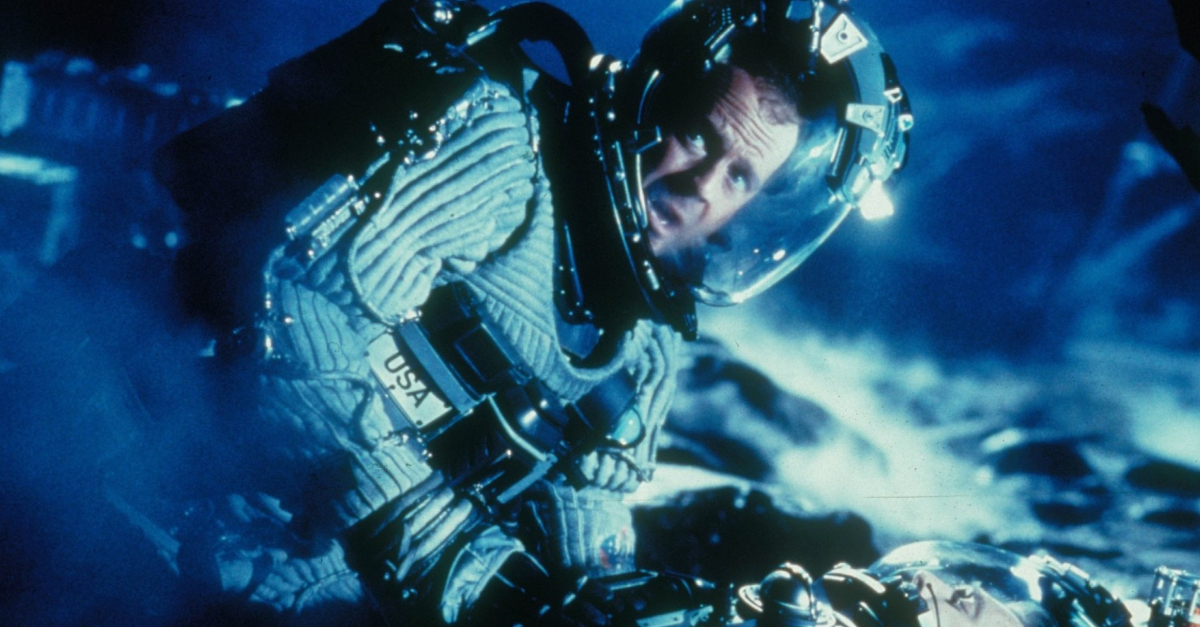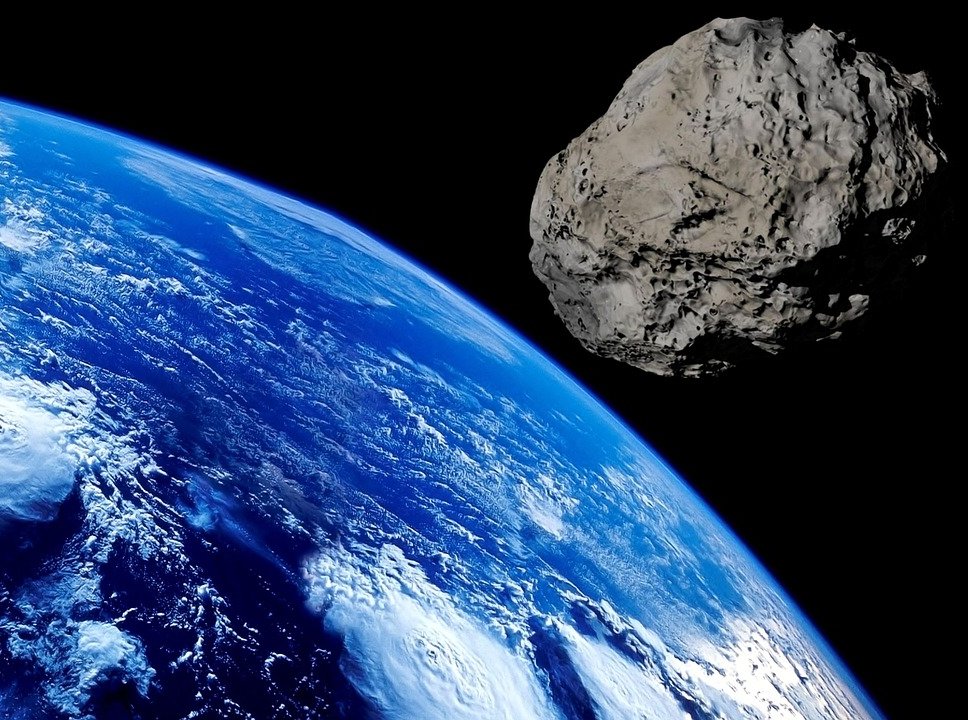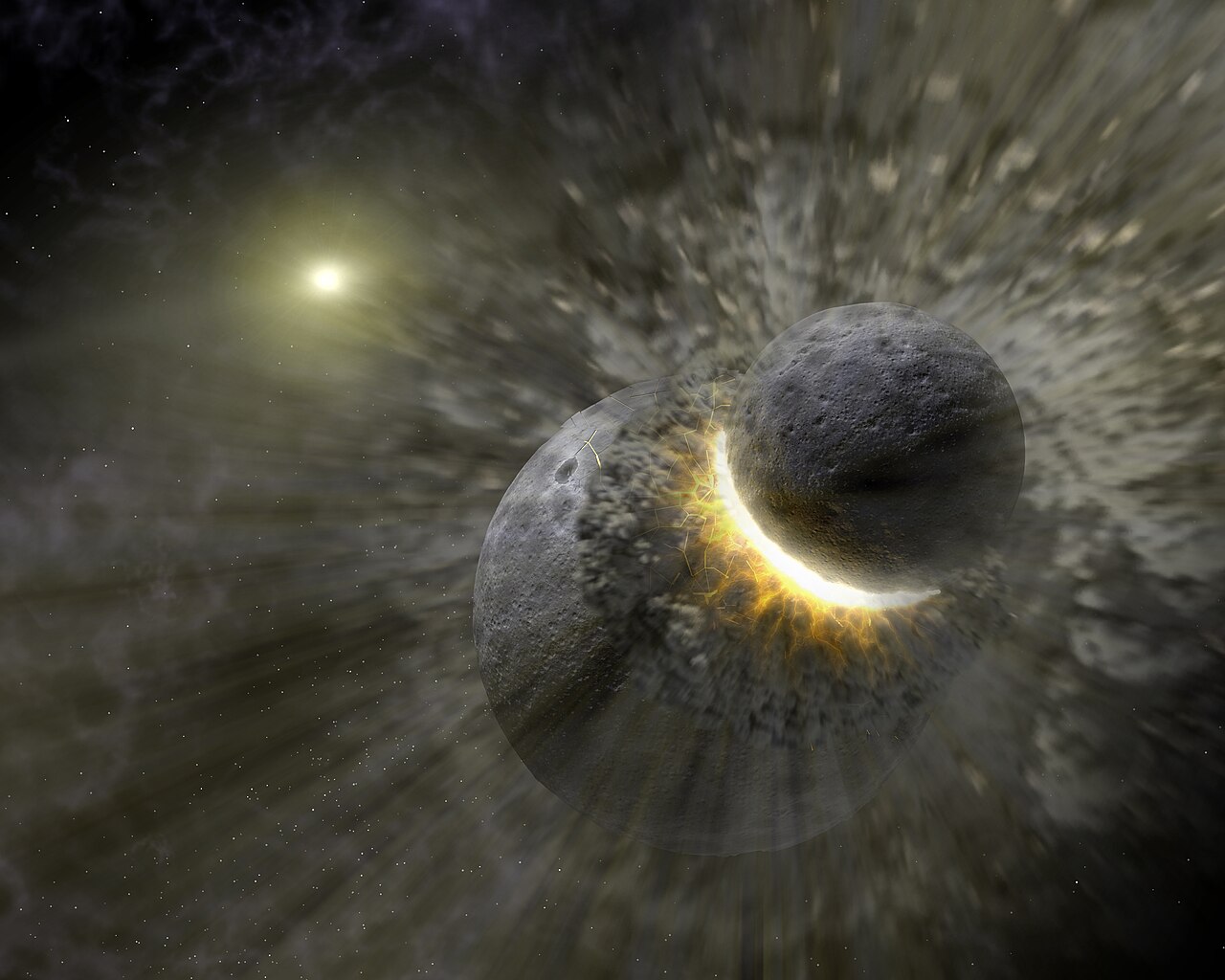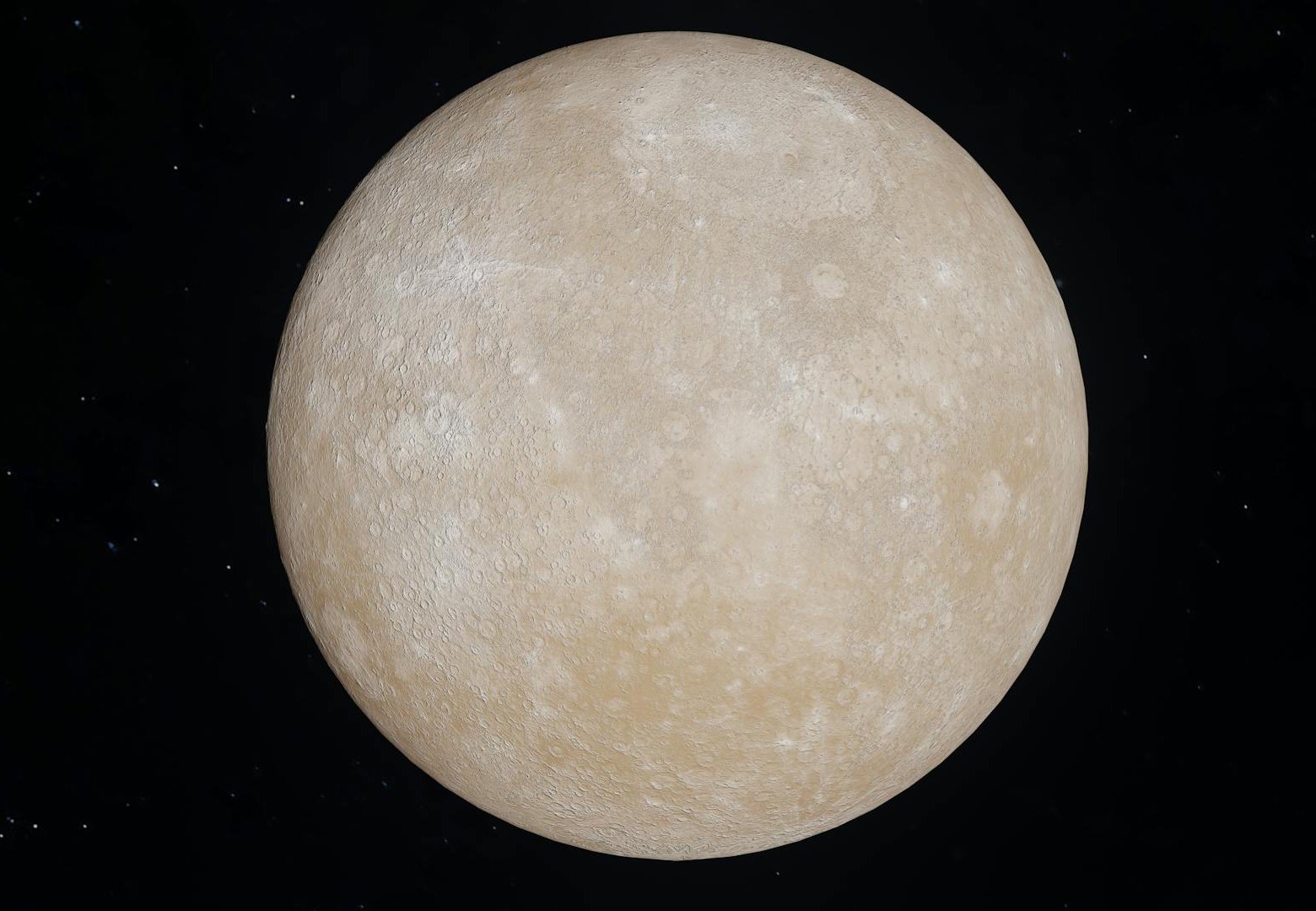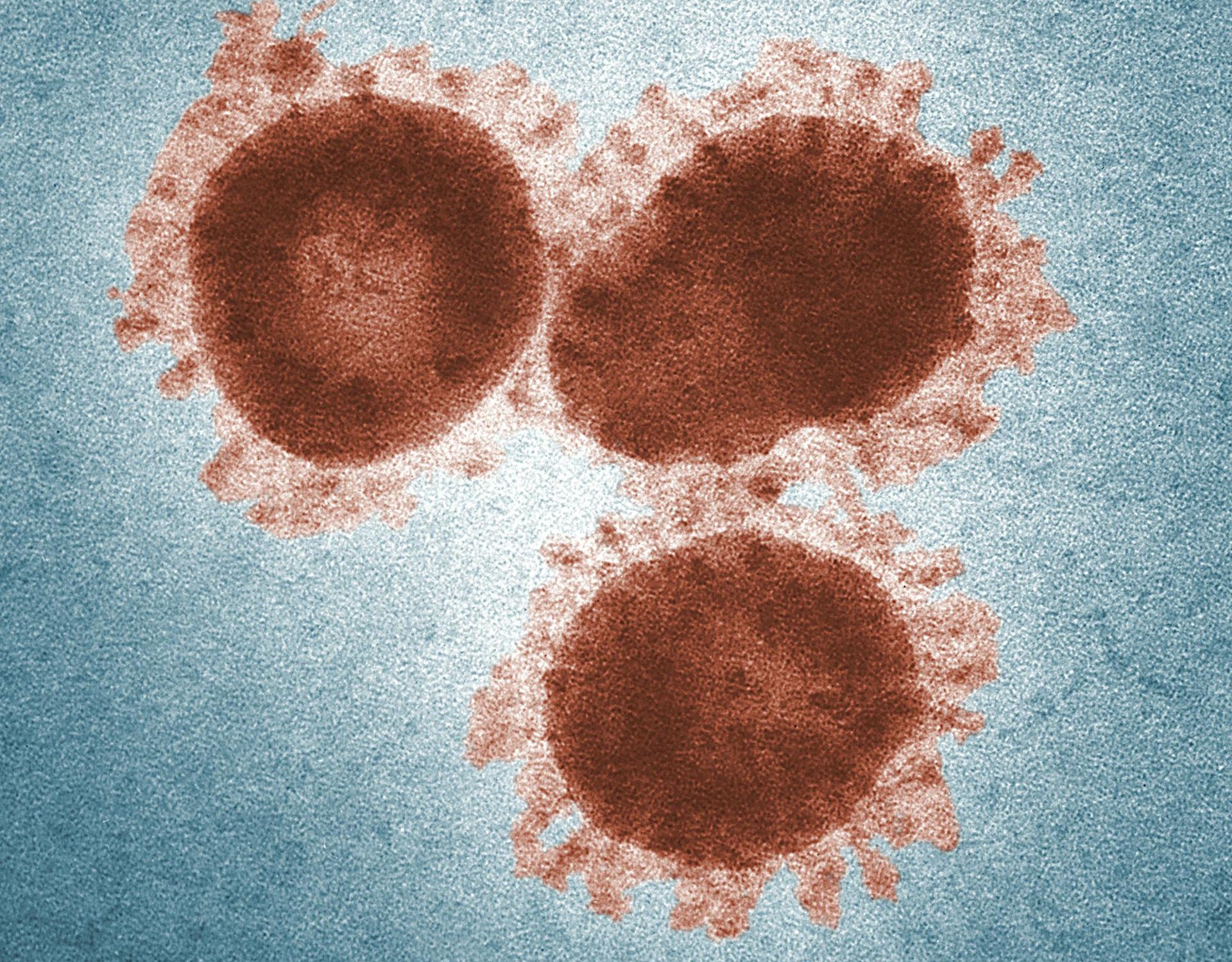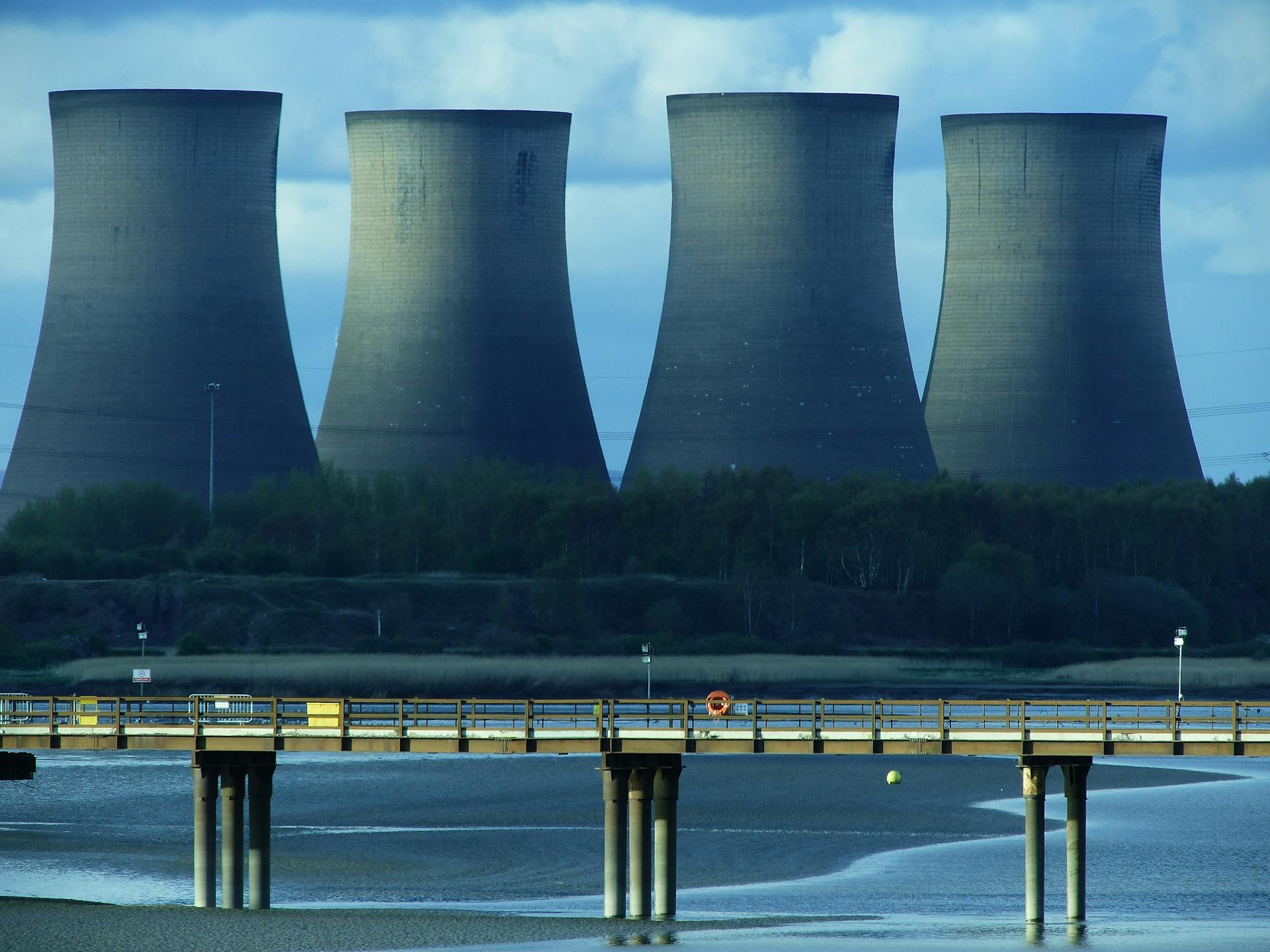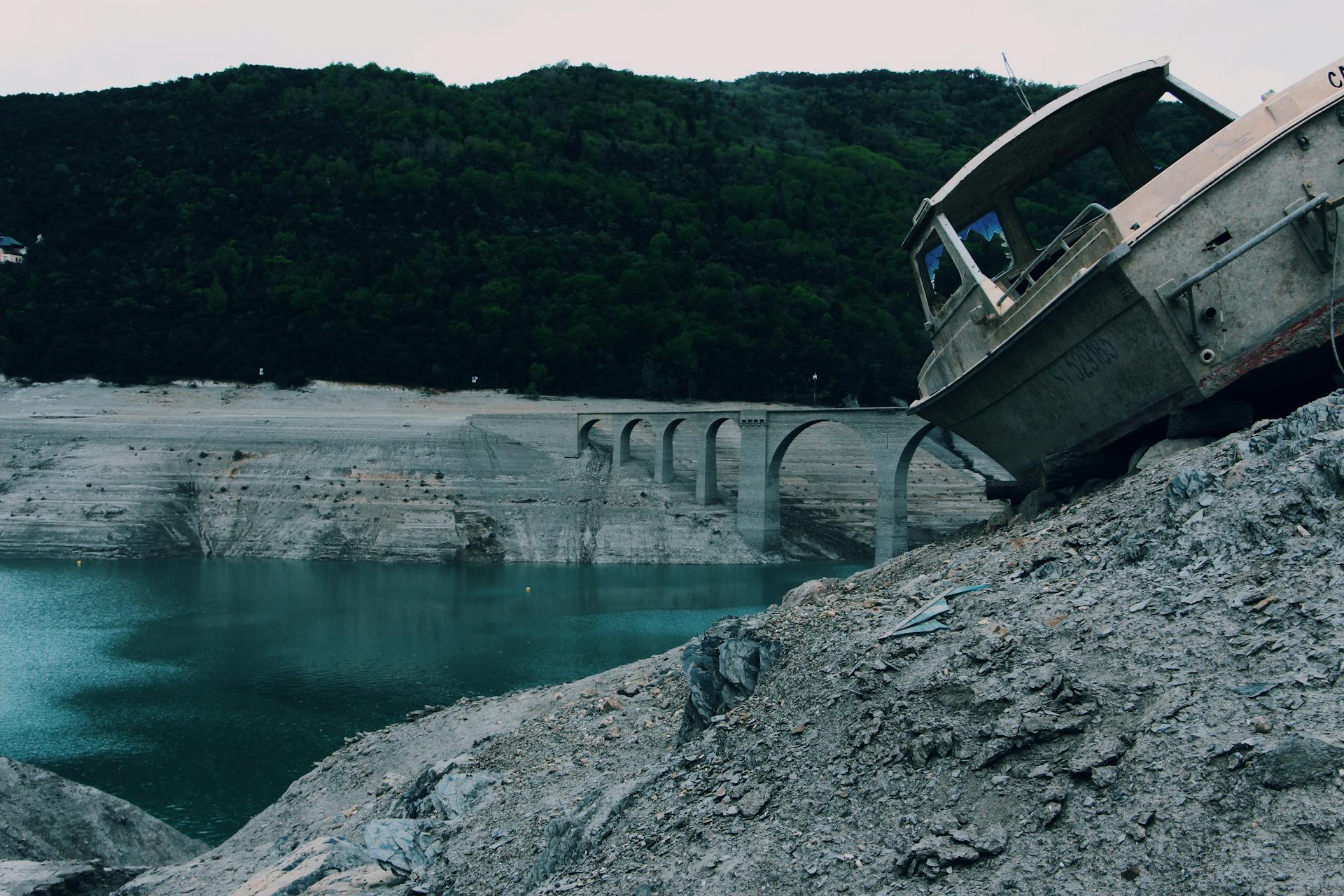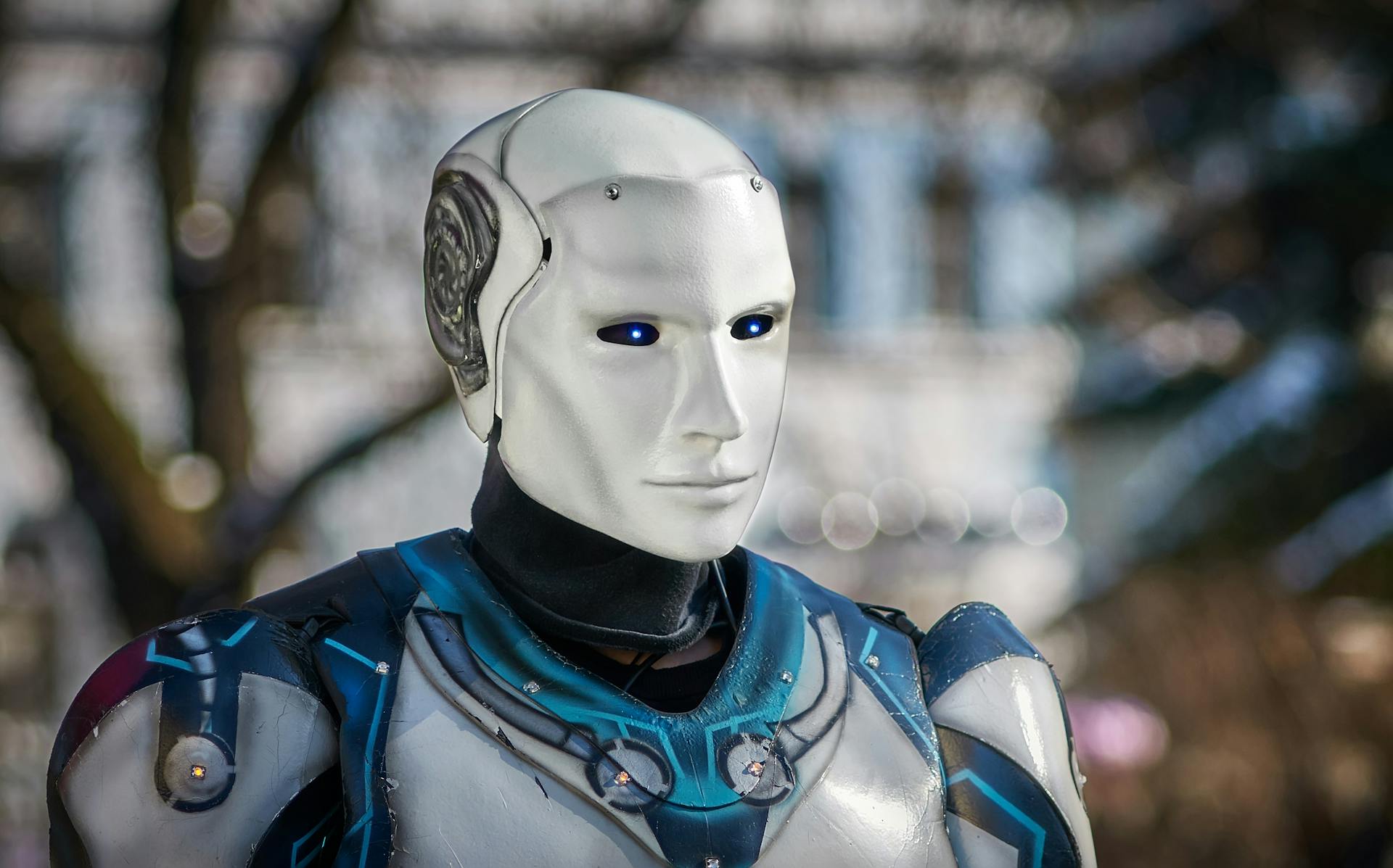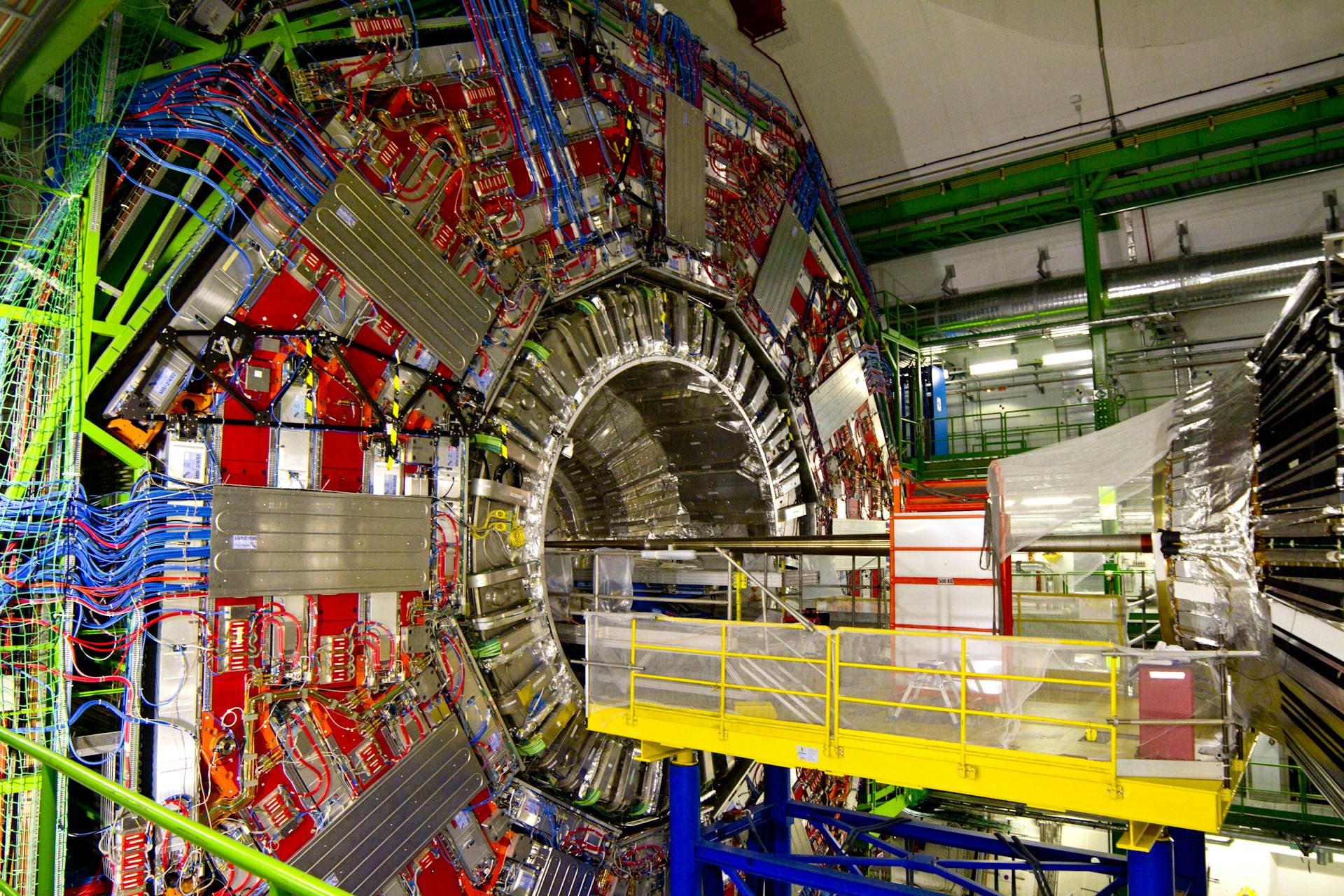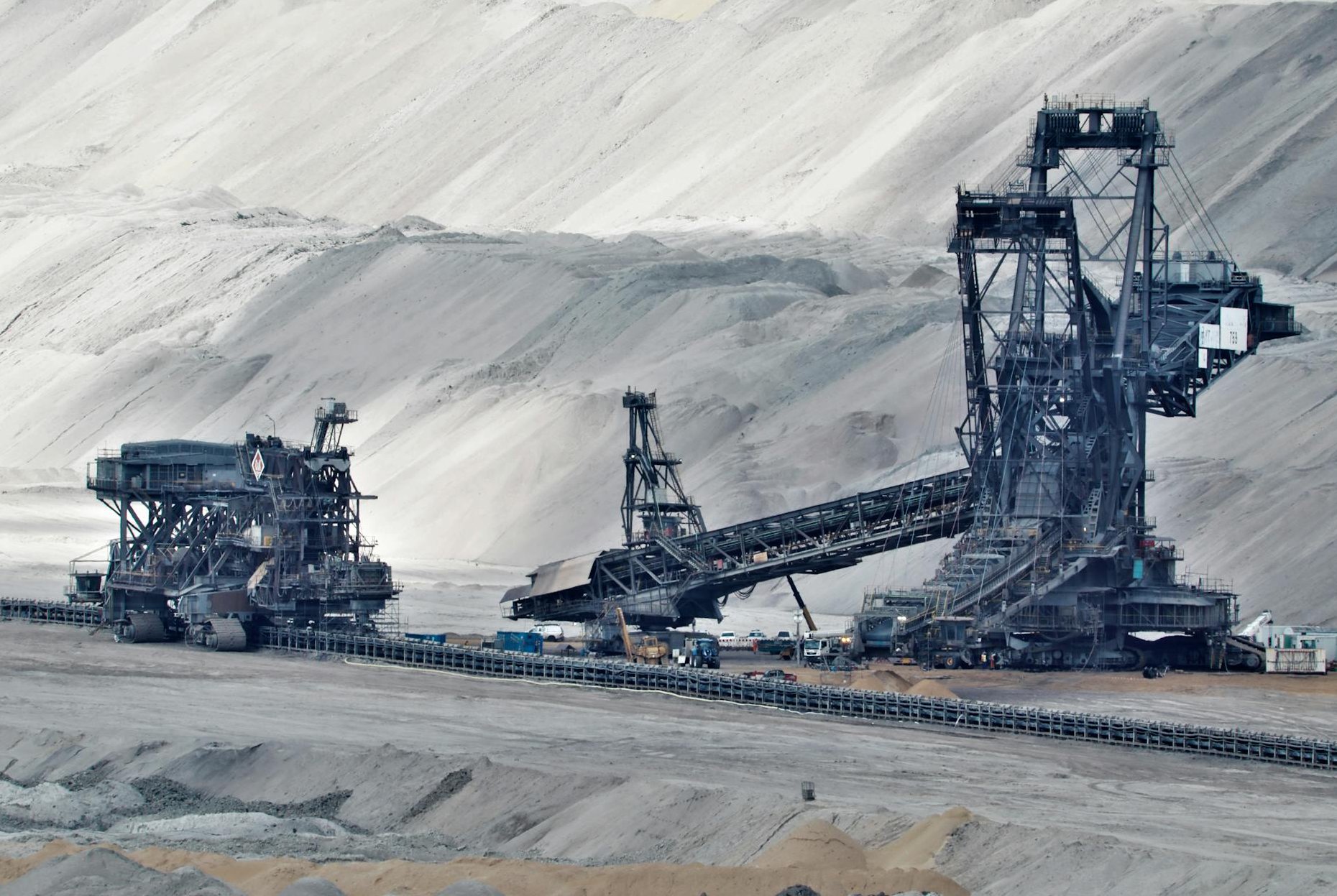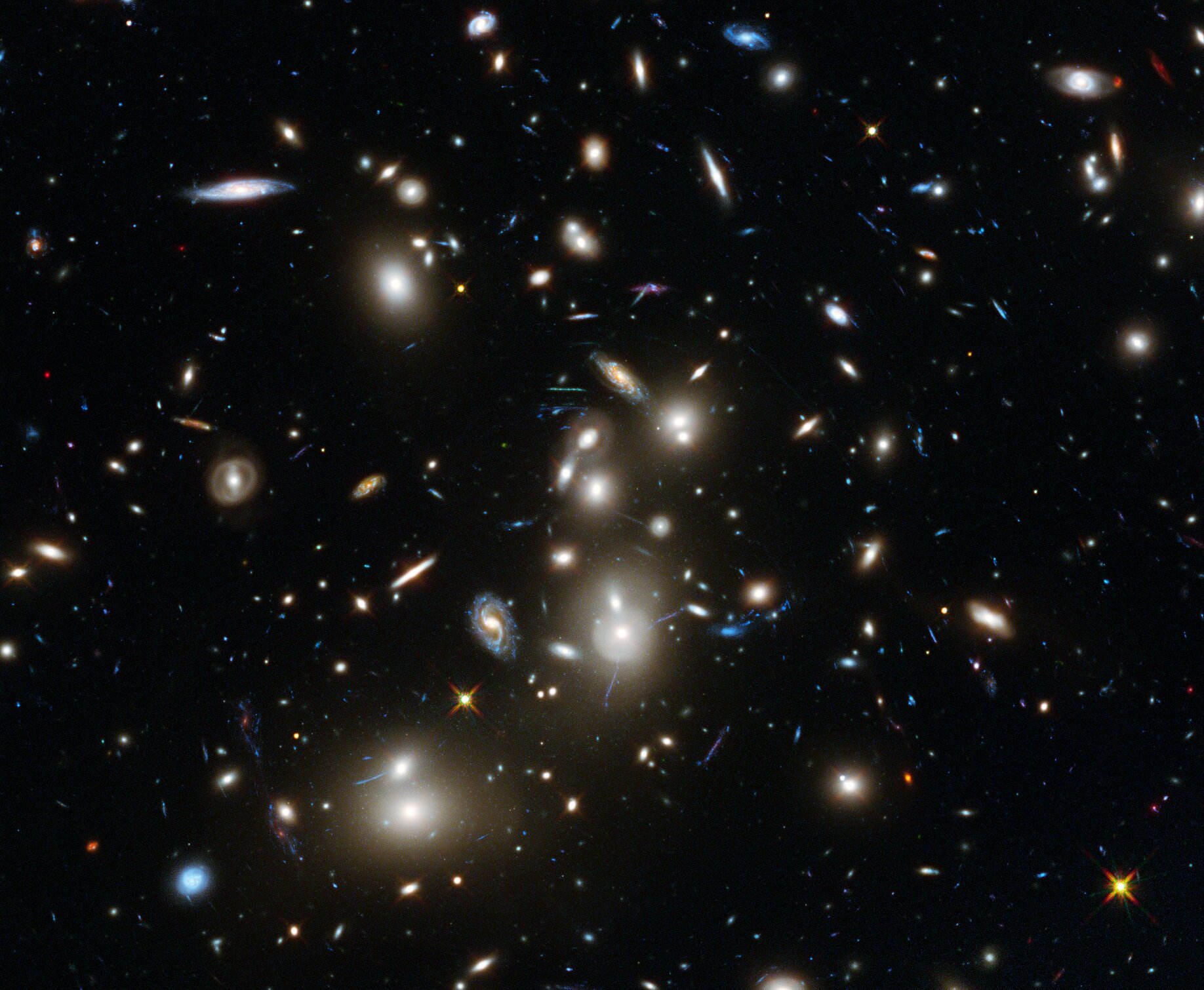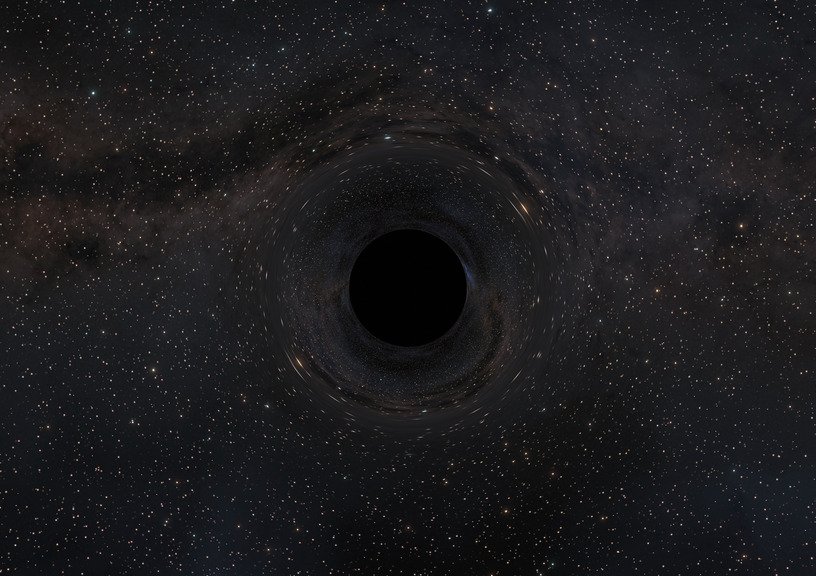Nothing Lasts Forever
Our planet is over 4 billion years old—but, as the old adage goes: nothing lasts forever. So, although we can all agree that the world will end one day—how that end will come is very much up for debate. Here are theories of 30 global catastrophic scenarios from the scientifically founded to the completely outrageous.
Asteroid
Deep Impact, Armageddon...Hollywood has had fun with this catastrophic scenario in the past—and while it isn't likely, it could happen. It killed the dinosaurs, so why not us? But what if it isn't an asteroid that hits us, but another planet?
Planetary Collision
In 2008 two separate simulations of long-term planetary movement (one at the Paris Observatory and the other at the University of California, Santa Cruz) indicated that there was a 1% chance that mercury's orbit could destabilize within the lifespan of the sun due to Jupiter's gravitational pull.
Planetary Collision
Were this to happen, the simulations posited 4 possible outcomes: Mercury colliding with Earth, the Sun, with Venus, or being ejected from the Solar System.
Natural Pandemic
From Smallpox to Covid-19, almost every generation has witnessed an epidemic disease that has devastated the world's population. We've already had one pandemic this decade. When will the next one come and how much worse might it be?
Aliens
While there is no proof of life on other planets, many scientists consider it likely given the amazing vastness of the universe we can and can't see. If they are out there and if they can get here, then they are also probably more technologically advanced than us. Therefore the only question is whether they are cute and friendly like E.T. or not cute and not friendly like in 90% of the alien movies ever made. Fingers crossed.
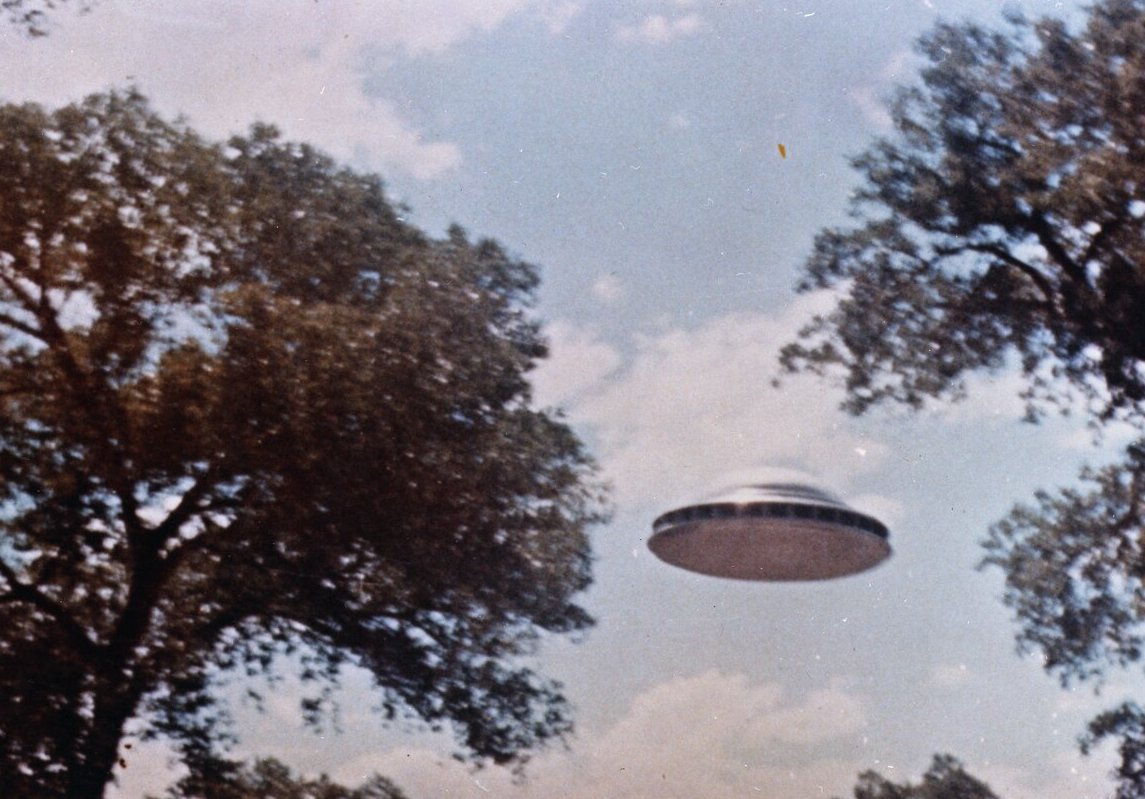 Unknown Author, Wikimedia Commons
Unknown Author, Wikimedia Commons
The Sun
It is the center of our universe and the most important factor to our sustained life on this planet. But there are a number of ways in which the sun could—and eventually will—end our planet altogether. Such as solar flares, solar superstorms or a solar micronova. Each of which affect the sun's power (one way or the other), which in turn could greatly affect life on Earth.
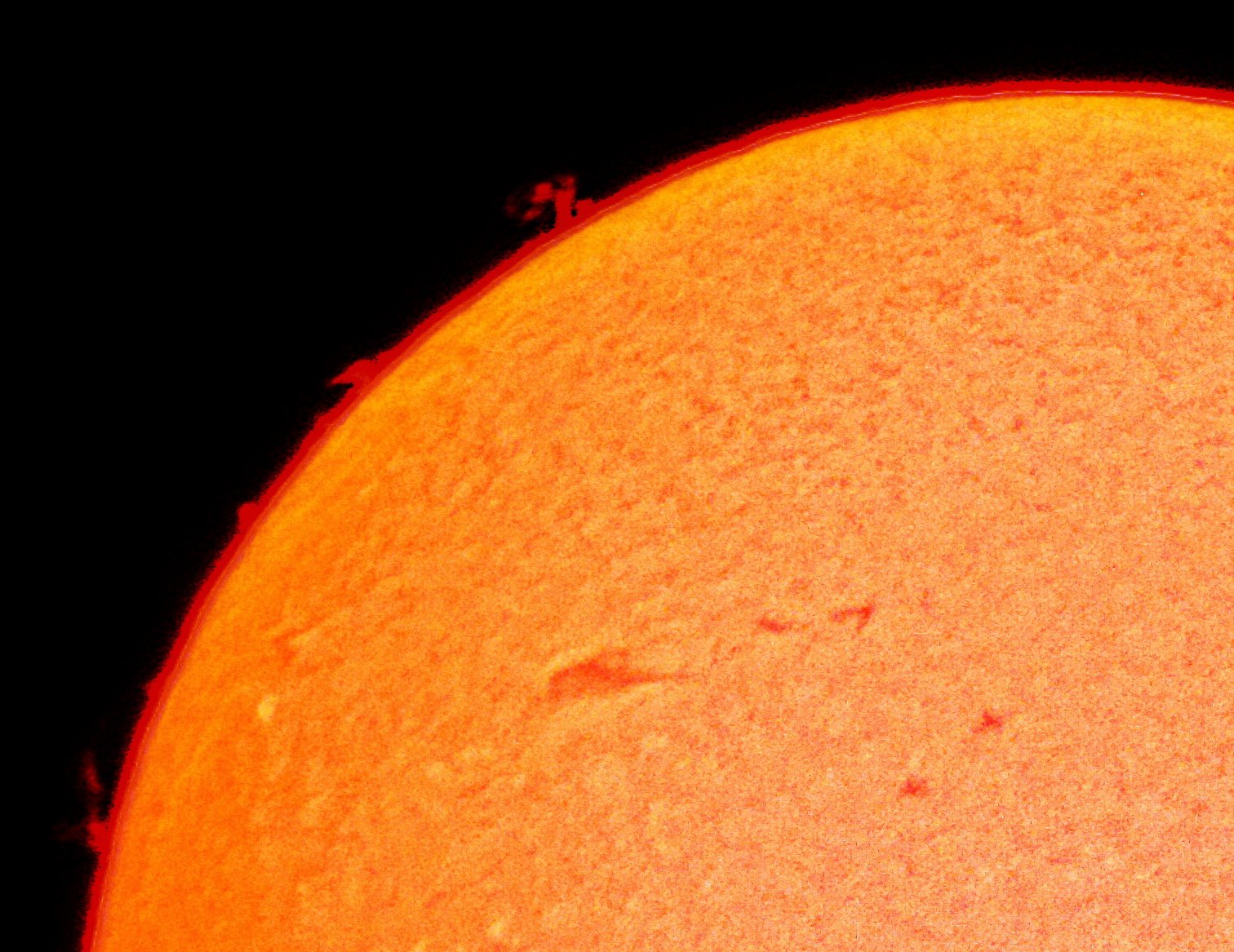 HalloweenNight, CC BY-SA 4.0, Wikimedia Commons
HalloweenNight, CC BY-SA 4.0, Wikimedia Commons
The Sun
Next there is the Sun's stellar evolution—basically the lifespan of a star. Scientists have given our sunny star about 1 billion more years before the decrease in hydrogen makes it so bright and hot that our oceans will evaporate (although before that happens, atmospheric CO2 levels will diminish to a point where plant life is unsustainable anyway).
The Sun
While some minor life forms might be able to survive the previous events, in about 7-8 billion years, the Sun (now an expanding Red Giant) will expand to such a point as to engulf Earth entirely.
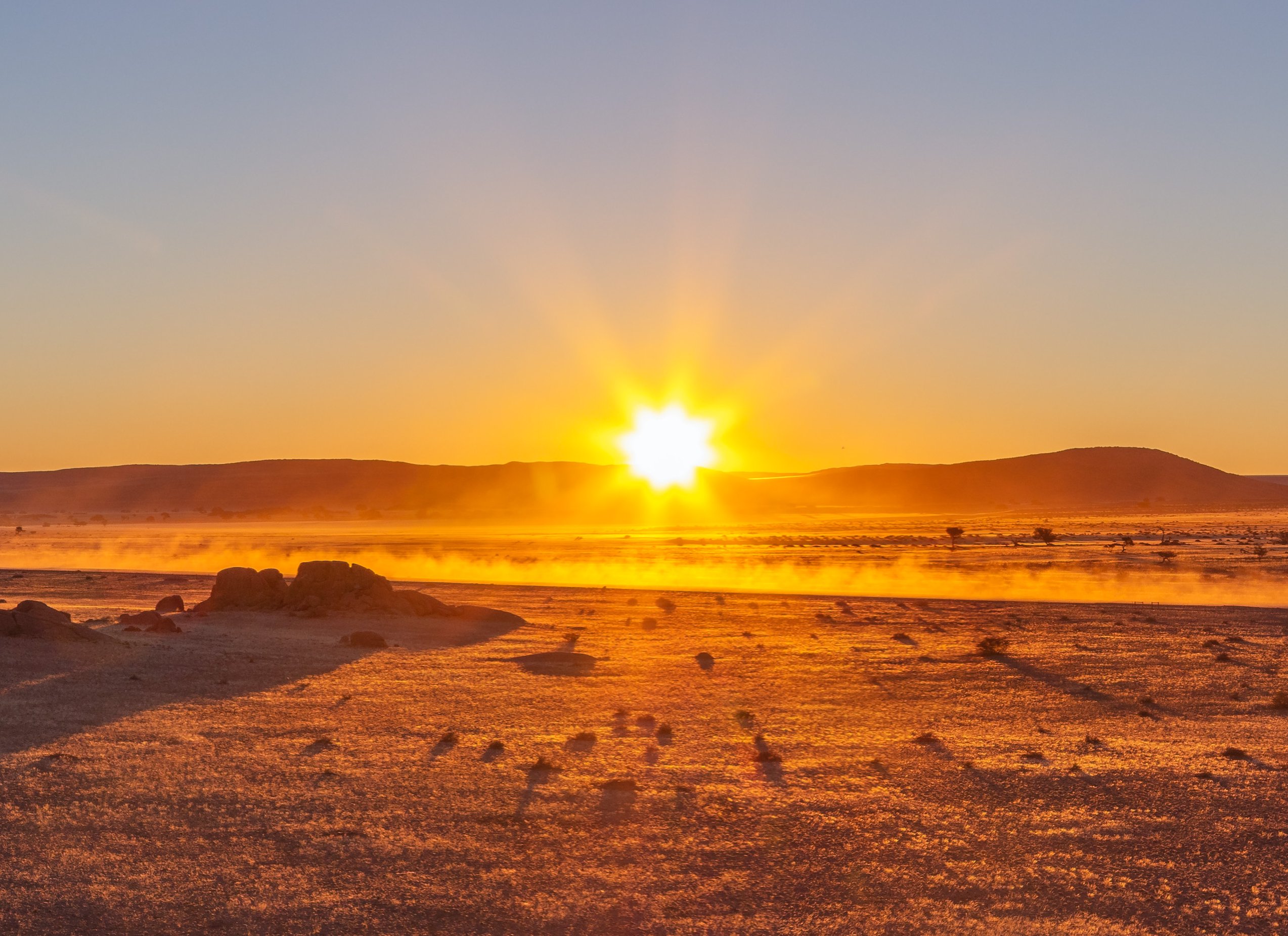 Diego Delso, Wikimedia Commons
Diego Delso, Wikimedia Commons
Biotechnology
Humans are always working on various biotechnologies and pathogens that could be very dangerous were they to "escape from the lab" (sound familiar?). Or what about bioengineered organisms released into the environment on purpose with the desire to do good that have unforeseen consequences?
Biotechnology
Those first two biotech examples focused on good intentions gone wrong. However, what if the intentions aren't good to begin with. Biological weapons have yet to be used to great extent in war or terror, but if they ever were....
Fewer Babies
There are some, like Canadian philosopher and writer John A. Leslie, who theorize that declining birth rates could lead to extinction in the next 400-1000 years. On the opposite side...
Overpopulation
There are also those who theorize that overpopulation is a bigger problem—and the increased consumption and diminishing resources could have catastrophic effects.
Human-Caused Climate Change
Multiple reports over the past few decades have warned us over and over again about what our actions are doing to the environment and how things are just getting worse and worse. Could the climate crisis reach a tipping point that sends earth on a direct path to becoming an uninhabitable planet? There are those, including the brilliant Carl Sagan, who believe it is possible.
Strangelets
What are strangelets? They are hypothetical particles made up of strange quarks. While hypothetical, some theorize that if strangelets do exist and there was a collision of strange stars, some could escape and hit earth (this would hypothetically not be good for us).
Gamma-Ray Burst
Sometimes when a star explodes (a supernova) it releases a massive burst of gamma radiation that could—were it directed towards Earth—have a catastrophic effect on our atmosphere and life as we know it. And here we were thinking gamma-ray bursts would just mean the creation of a few cool superheroes.
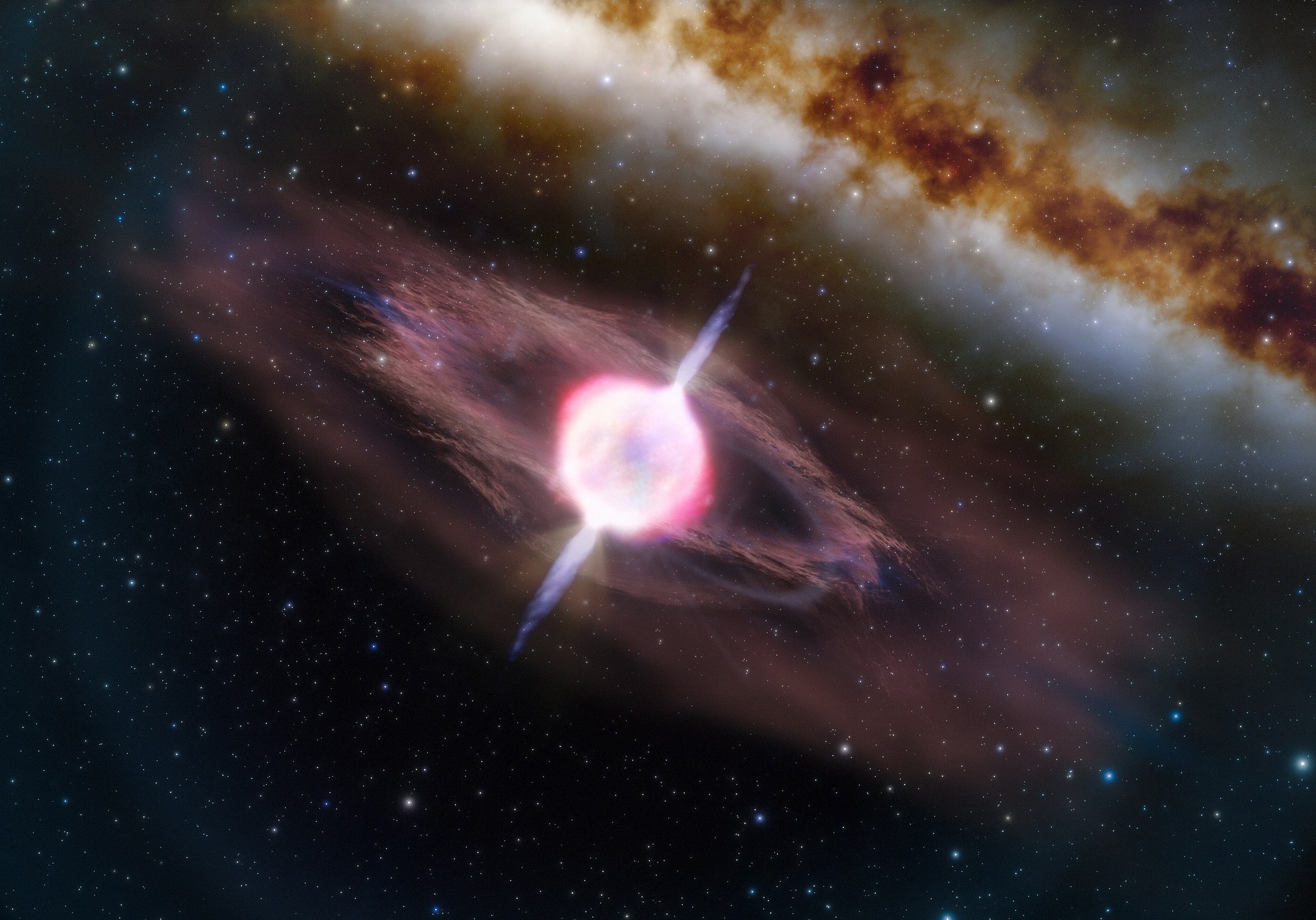 International Gemini Observatory, CC BY 4.0, Wikimedia Commons
International Gemini Observatory, CC BY 4.0, Wikimedia Commons
Cyberattack
With how much of our lives and our world is on the grid and controlled by computers, a cyberattack has the potential to do damage like nothing we've ever seen before. From our data to our power, a well timed and executed attack could take it all out, leading to....who knows what.
Environmental Disaster
In case we forget how everything is connected, environmental disasters that might appear to affect just one type of crop or a few seemingly-inconsequential plants or animals, could have major consequences for our entire planet. From water scarcity to massive water pollution. From overfishing to the possible extinction of the Western honeybee. All of these events can have truly dire, possibly catastrophic, consequences.
Posthumans
There is a scenario that sees humankind using genetic engineering to create a new species of humans—dubbed posthumans. Playing this theory out to its conclusion—us regular humans would be overrun by the more advanced posthumans to the point of extinction.
Volcanism
No, this theory has nothing to do with Spock Vulcan nerve pinching the Earth to extinction. This is volcanoes, not Vulcans—and the fear that the eruption of a supervolcano (or multiple ones) could blanket much of the planet in ash and produce droplets of sulfuric acid in the environment that would block much of the Sun's heat—causing a volcanic winter—thus making the extinction of the human race a possibility.
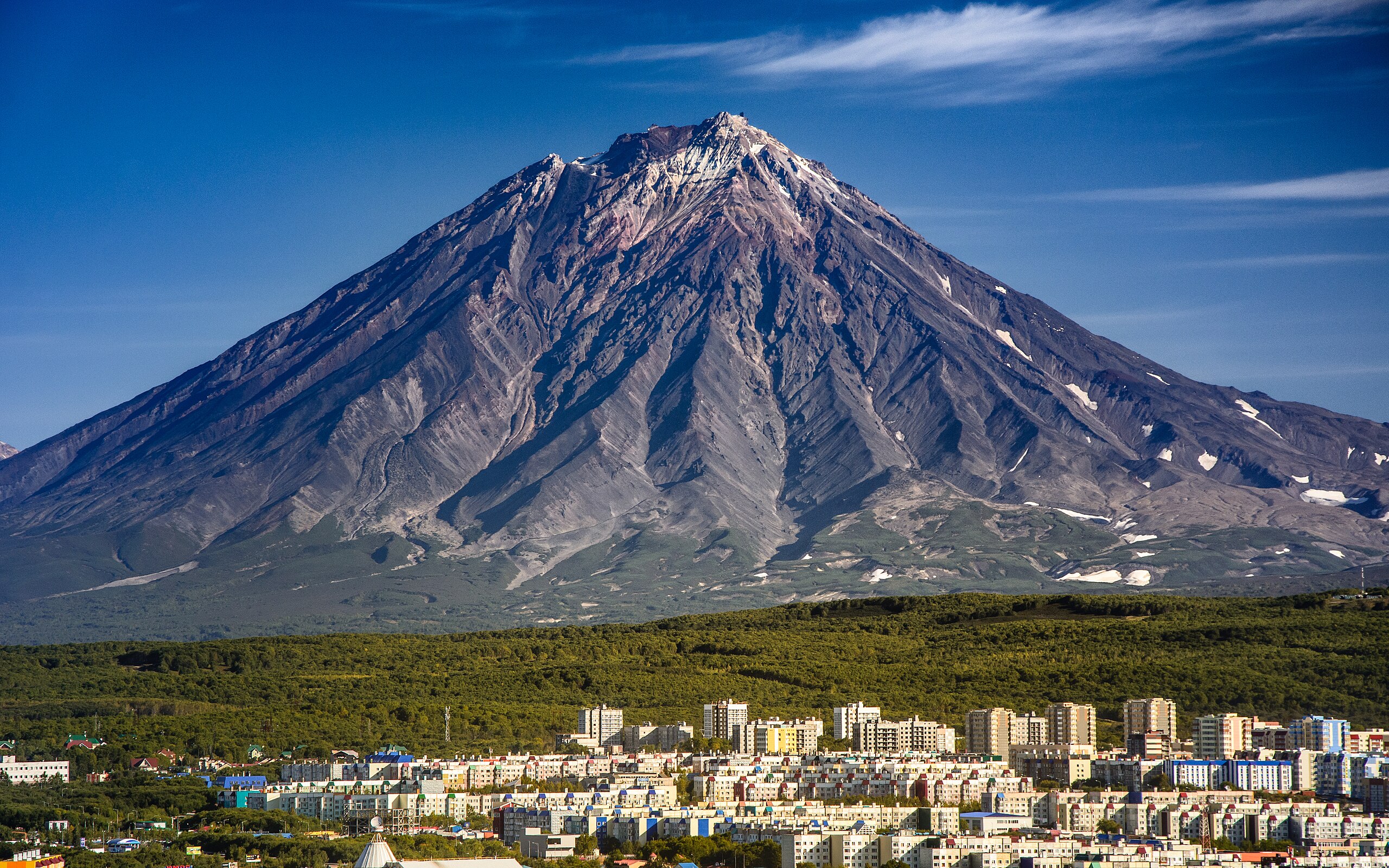 kuhnmi, CC BY 2.0, Wikimedia Commons
kuhnmi, CC BY 2.0, Wikimedia Commons
Experimental Accident
When the folks at the Manhattan Project initiated the first nuclear tests there were some who worried it could destroy the atmosphere. Before the Large Hadron Collider was built there were legit concerns that it could end up creating vacuums and black holes that would be disastrous. Those, and other, concerns have been proven wrong thus far. But who knows what we will create, build and invent in the future and if any future fears will be proven correct.
Mineral Resource Exhaustion
This theory, argued for most loudly by Romanian American economist Nicholas Georgescu-Roegen, posits the idea that earth only has a finite amount of mineral resources and as such can only sustain human populations and consumption levels for a finite amount of time. To quote Georgescu-Roegen: "If we abstract from other causes that may knell the death bell of the human species, it is clear that natural resources represent the limitative factor as concerns the life span of that species."
Big Crunch
This theory of the universe hypothesizes that the now expanding universe will eventually reach as far out as it will go and reverse—thus beginning to contract. Eventually contracting back to zero and potentially starting all over with another Big Bang. Although it should be mentioned that current astrological evidence suggests that, rather than being slowed by gravity, the universe's expansion is getting faster. Which leads to a more popular theory...
Big Freeze
As the universe continues to expand, the Big Freeze theory suggests that it will eventually get so vast that the heat and energy will be spread out at such great distances that the universe won't' be able to stay warm.
Big Rip
The Big Rip is another theory based on the ever expanding universe—which hypothesizes that eventually the expansion will tear apart all matter as well as spacetime itself.
Nanotechnology
The big fear with nanotechnology is its potential to lead to molecular manufacturing which uses atomic precision to build complex structures. And if those structures are weapons and the proliferation of molecular manufacturing is big enough, the consequences could be dire.
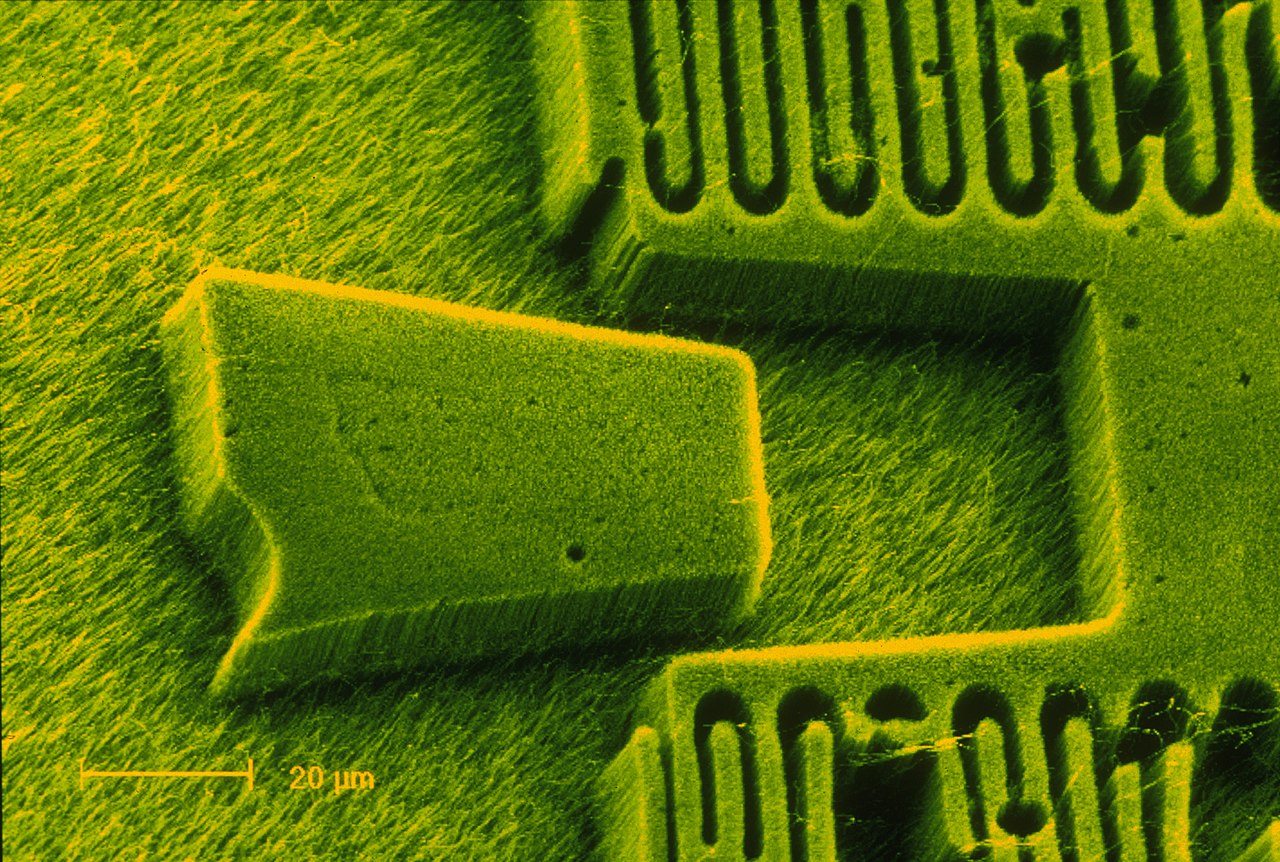 CSIRO, CC BY 3.0, Wikimedia Commons
CSIRO, CC BY 3.0, Wikimedia Commons
Nanotechnology
Chris Phoenix—co-founder and Director of Research of the Center for Responsible Nanotechnology (CRN) listed the three categories of catastrophic nanotechnological risk as such:
1: From augmenting the development of other technologies such as AI and biotechnology.
2: By enabling mass-production of potentially dangerous products that cause risk dynamics (such as arms races) depending on how they are used.
3: From uncontrolled self-perpetuating processes with destructive effects.
Nuclear War
Duck and cover! The Cold War might be over, but the fear of nuclear war isn't.
Artificial Intelligence
Sure, it's fun to ask AI to write you a dirty poem in the style of Dr. Seuss, but some of the smartest minds of our time have warned us about the super-dangers of superintelligence (insert your own SkyNet reference here). A 2008 survey by the Future of Humanity Institute came up with a 5% probability of human extinction by a super-intelligence by 2100. 5% doesn't sound like much, but it's 5% more than we'd like it to be. Even the great Stephen Hawking once posited that a super-intelligent AI could "spell the end of the human race".

